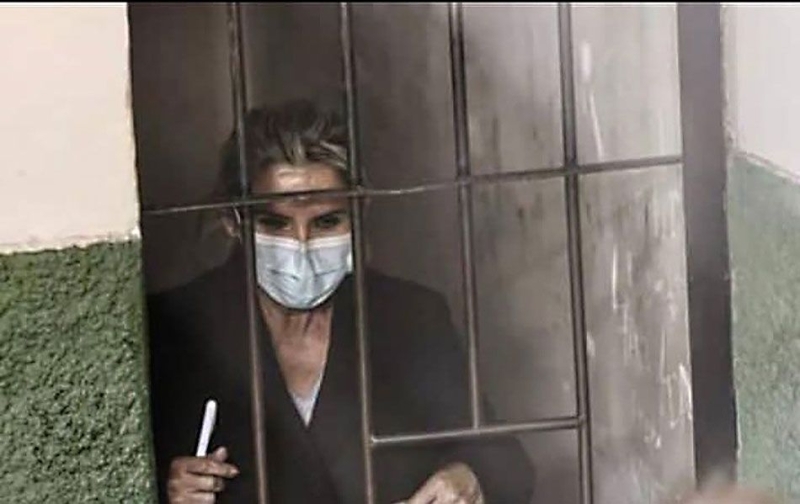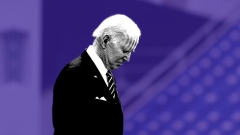Bolivia; Former President Áñez sentenced to 10 years in prison
Áñez was convicted of his participation in the coup in Bolivia, according to a Bolivian court. She defended his actions after the resignation of his predecessor Evo Morales.
The former interim president of Bolivia Jeanine Anez
Áñez has been accused of serious human rights violations during her tenure as interim president
A Bolivian court on Friday found former president Jeanine Áñez guilty of organizing a coup in 2019.
Áñez was sentenced to 10 years in prison.
The 54-year-old has been convicted of making "decisions contrary to the constitution" and "for dereliction of duty".
Prosecutors said Áñez violated norms that guaranteed constitutional and democratic order after Bolivia's 2019 presidential election.
Áñez, then the country's longest-serving member of parliament, rose to the presidency after President Evo Morales resigned in 2019.
Morales, who ruled Bolivia for nearly 14 years by then, resigned after being called out by the military following a disputed election result in October 2019.
Áñez detained since 2021
Áñez, who has been detained since March 2021 on initial charges of terrorism, sedition and conspiracy, was not allowed to attend the trial in person.
She followed the hearing from prison.
“I did not lift a finger to become president, but I did what I had to do,” Áñez said in her final statement before the judge.
"I assumed the presidency by obligation, according to what is established in the constitution," she added Áñez.
Experts have expressed concern that the trial could turn into a game of political reckoning between rival parties, with César Muñoz, a senior researcher at Human Rights Watch, saying they "were concerned about how this case has been followed." .
Muñoz added that "they call the superior courts to examine how the processes were carried out."
Bolivia's political crisis of 2019
Large demonstrations rocked Bolivia in 2019 after protesters accused socialist leader Evo Morales of rigging elections to secure a fourth term, defying term limits.
Morales, for his part, criticized a "civic coup" that led him to resign in November 2019, just after the October 2019 presidential elections.
Áñez, a conservative and later vice president of the Senate, took power two days after Morales resigned, based on the constitutional line of succession.
Morales's leftist Movement for Socialism (MAS) party boycotted Anez's appointment, and Morales fled to Mexico for safety.
Áñez said that his goal was to help the country hold new and transparent elections and that he would not run for president, which angered people when he announced his candidacy in January 2020.
Áñez also drew widespread criticism for the protests that followed immediately after she took office, where 20 Morales supporters were killed. The OAS accused the Bolivian security forces of perpetrating a massacre during the social unrest.
Morales' MAS party, which returned to power in 2020, accused Áñez of playing a key role in what he claimed was a coup against Morales.

Comments to this:








